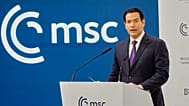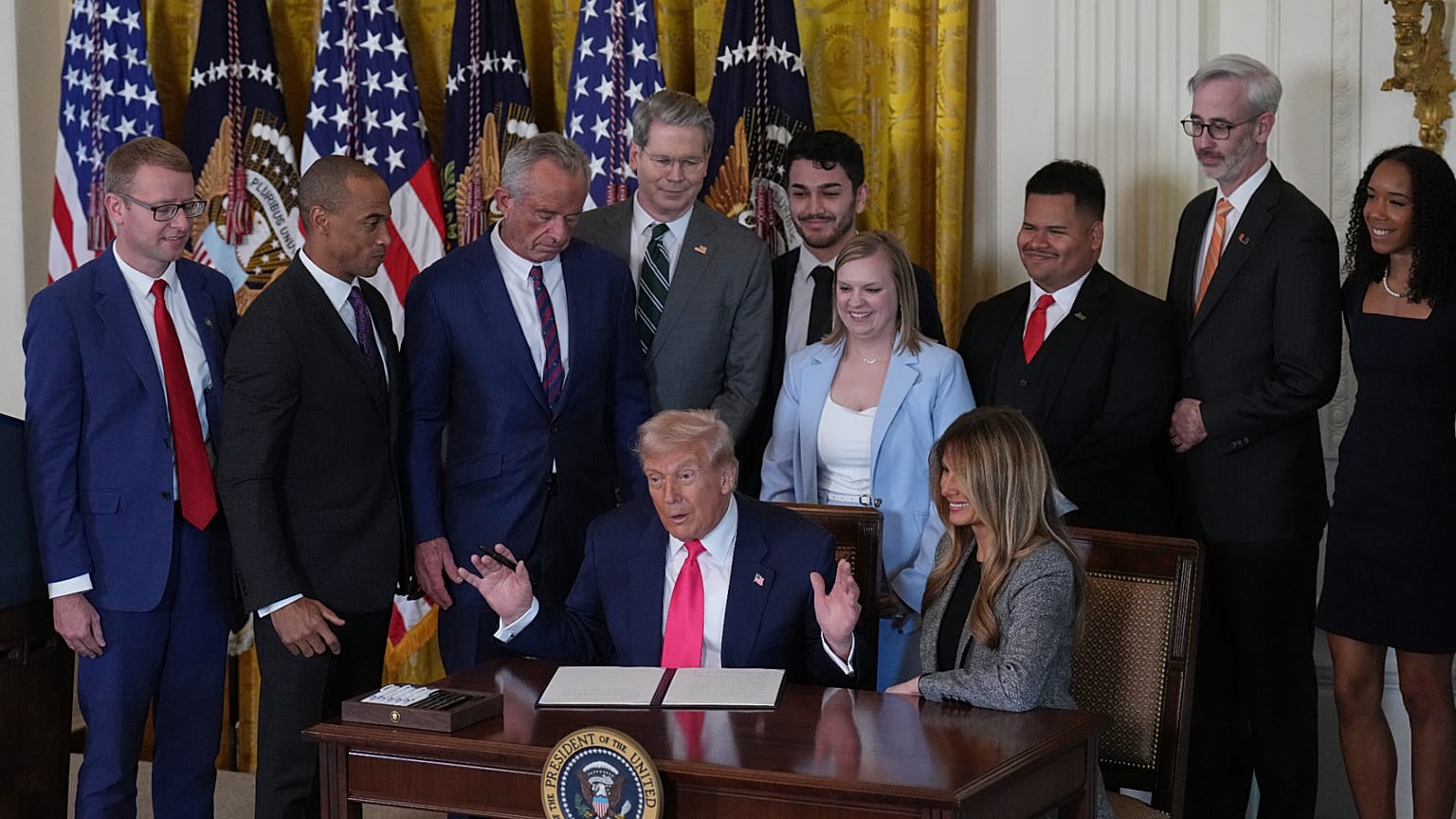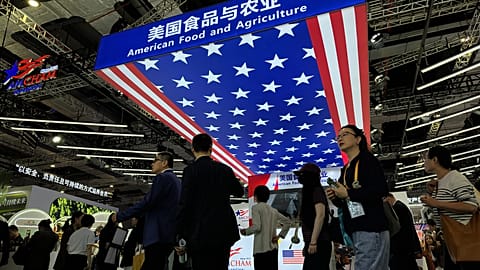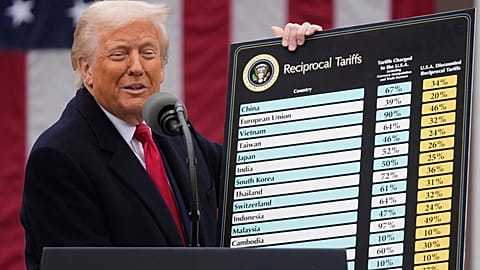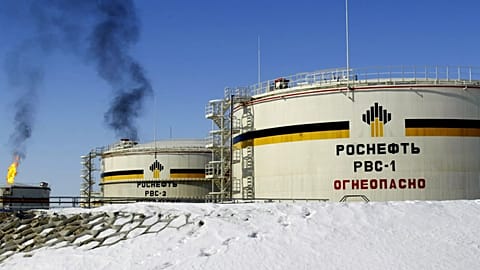Trump announced a series of trade and tariff deals as a way to counter criticism over rising food costs, framing them as a boost to supply chains and cheaper imports such as bananas and coffee.
President Donald Trump has announced deals with El Salvador, Argentina, Ecuador and Guatemala in what US media describe as a bid to drive down grocery prices nationwide, as he comes under fire from Republicans and opponents for failing to deliver on a key campaign promise.
 ADVERTISEMENT
ADVERTISEMENT
 ADVERTISEMENT
ADVERTISEMENT
The administration said it is preparing “breakthrough trade deals with El Salvador, Argentina, Ecuador and Guatemala, allowing greater and more streamlined market access in some of America’s most critical strategic partners in the Western Hemisphere”, in the coming weeks, according to a White House readout.
Officials claim the agreements will bolster supply chains and trade partnerships as Washington seeks to widen access for US trade with Central and South America.
Some of the sharpest criticism over persistently high grocery prices in the US is now coming from within Trump’s own party.
Republican congresswoman Marjorie Taylor Greene has openly contradicted the president’s repeated claims that grocery prices are falling.
Her public break with Trump has highlighted wider unease among conservatives worried that voters are not feeling the relief they were promised, despite the White House’s attempts to point to new trade deals and targeted tariff cuts as evidence the administration is tackling the cost of living.
Democrats, meanwhile, accuse Trump of simply denying the data, with official figures showing that food prices are still rising.
The US Bureau of Labor Statistics reports the food at home index was 2.7% higher in September 2025 than a year earlier, with prices for meats, poultry, fish and eggs up 5.2% and non-alcoholic beverages up 5.3% over the same period.
Fact-checkers have also noted that, contrary to Trump’s suggestion that only beef has become more expensive, dozens of staple grocery items have risen in price over the past year.
Democrats argue that persistent food inflation undercuts the president’s promise to bring down everyday costs and remain a potent line of attack in recent campaigns by Trump opponents.
The new trade deals focus on countries in the Western Hemisphere that can provide a steadier supply of goods the US does not produce at scale — or produces at significantly higher cost.
“These deals secure commitments on economic and national security issues to strengthen supply chains and trade partnerships in the region... the deals will help US farmers, ranchers, fishermen, small businesses and manufacturers increase US exports to and expand business opportunities with these trading partners,” the readout continued.
According to an annex released alongside the announcement, the deals will specifically boost opportunities for the import of bananas, coffee, cocoa, tree nuts, fresh fruit, pulses, wheat, wine and distilled spirits.
Washington has said it will grant Most Favoured Nation (MFN) treatment for certain goods originating from these countries “that cannot be grown, mined or naturally produced in the United States in sufficient quantities”.
MFN status means a country must receive the same tariff rates and trade advantages the US offers to its other preferred trading partners, ensuring it is not treated less favourably.
In practice, it guarantees that eligible goods enter the US market on equal footing with imports from nations already receiving the lowest available tariff rates.
The US will also drop reciprocal tariffs on selected textiles and apparel from El Salvador and Guatemala under the Dominican Republic–Central America Free Trade Agreement or DR-CAFTA — a regional pact between the US, the Dominican Republic and five Central American countries that reduces or eliminates tariffs on traded goods, sets common rules on investment and intellectual property, and aims to make regional supply chains more integrated and competitive.



